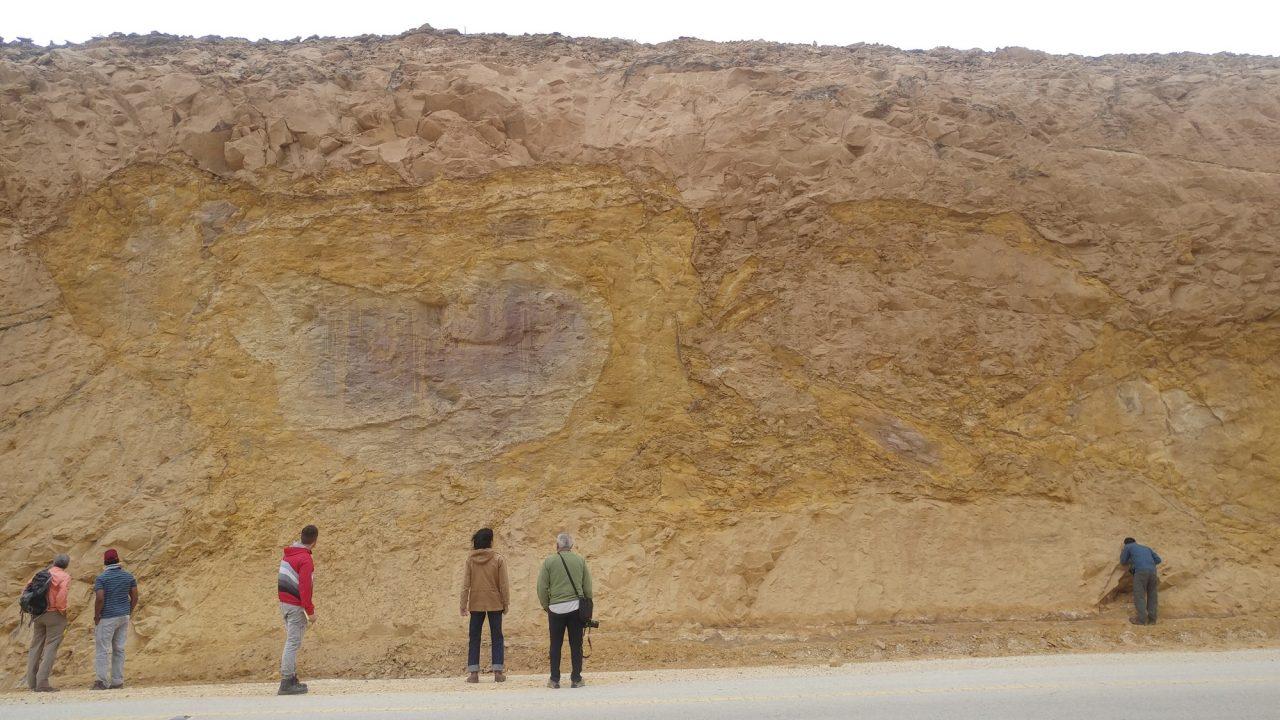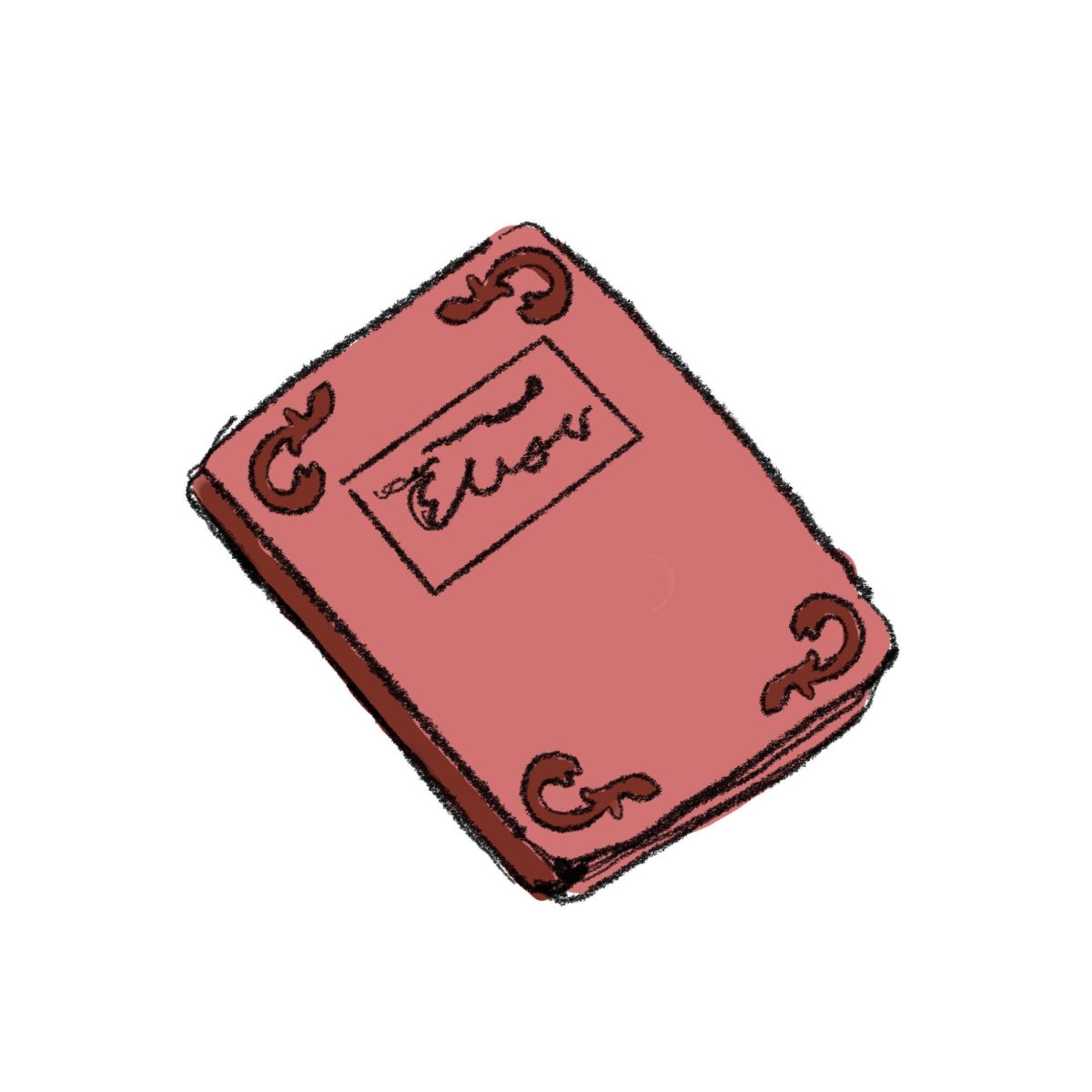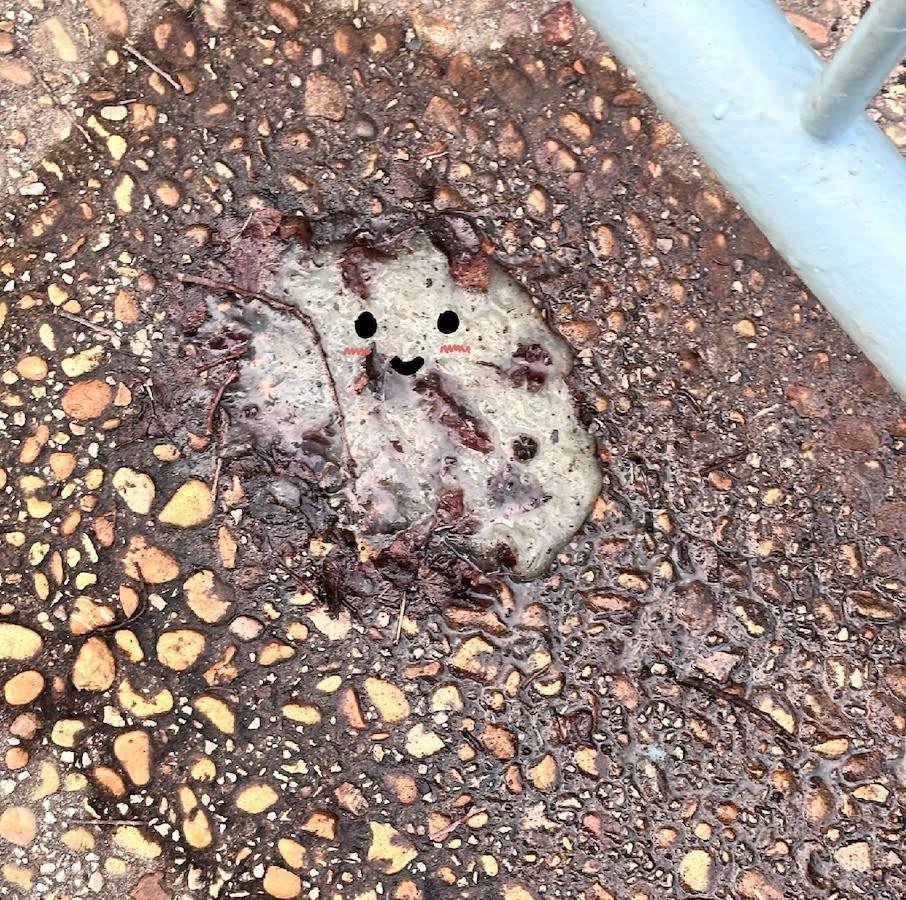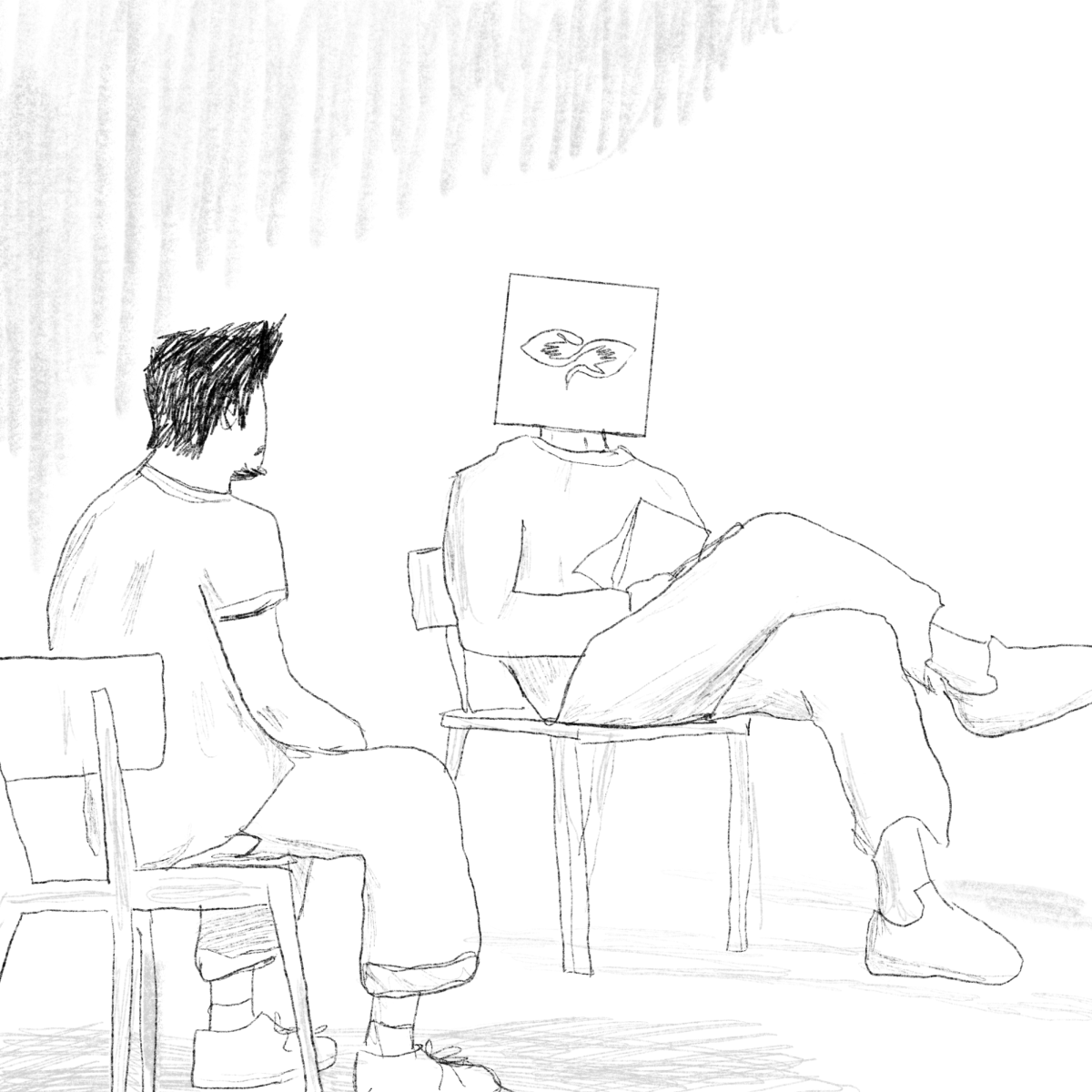Photo provided by Harry Bellow
Carbonate strata, camels and Saudi Arabia. These are just some of the things junior geoscience major Harry Bellow discovered last month.
Over the winter break, Bellow spent two weeks abroad participating in a three-year project funded by King Fahd University of Petroleum and Mineral Resources in Saudi Arabia.
“Basically, we’re looking at ancient tropical reef systems that are present as carbonate rocks — limestones — and we’re looking at them from sort of a holistic perspective, including physical, chemical and biological factors,” Daniel Lehrmann, professor of geosciences, said.
The project aims to find predictive rules for the formation of these rocks and traces of earth’s history, including environmental changes and mass extinction.
For Bellow, this meant fieldwork involving collecting samples and measuring sections. The researchers’ focus was on the Permian-Triassic Boundary which represents the largest mass extinction in earth’s history. They are looking at carbonates and shales to determine the intensity of chemical weathering on these rocks.
“I will compare my data from Saudi with Dr. Lehrmann’s previous findings in China,” Bellow said. “This will help connect some of the puzzle pieces behind the mass extinction as well as give us an understanding of the global impact it had.”
Lehrmann worked on a proposal that established partnerships between various universities in this research project.
“The idea is that by us working together and interacting, it will help it develop King Fahad’s research potential,” Lehrmann said.
Though Bellow has not had Lehrmann as a professor, his friend Elliot Blake, senior, recommended him for this trip when Blake was unable to go himself.
“Originally, I had picked a student … but it turned out the funding for this project was delayed for a year, and we had to cancel,” Lehrmann said. “So I met Harry and several other students at my office to discuss the project, and [from those,] I picked a student.”
Bellow’s fellow researchers in Saudi Arabia were graduate students and professors from a variety of countries including Nigeria, Sudan, China, India, Indonesia, Italy and other universities from the U.S. He also worked with some people from Saudi Aramco, the country’s primary oil company.
“It was a unique experience to meet all these people from different cultures, that we all got together in Saudi Arabia,” Bellow said. “I was the only Trinity student and the only undergrad, so I was very intimidated, but I learned so much just being around them … They kinda showed me the ropes and taught me the theory itself more in depth.”
In addition to his research, Bellow also described some of the surprising things that he saw abroad.
“We were working on a section, measuring it, describing the rocks — and all of a sudden, a whole pack of camels comes over and kind of surrounds us. So we went and said ‘hi’ to the camels,” Bellow said. “I was surprised by the amount of water that was on the ground, lakes [and] beautiful flowers everywhere.”
Despite what he saw on the news about Saudi Arabia, including the killing of a journalist by the Saudi government, Bellow himself witnessed no political events and found the people to be very nice and happy to greet Americans.
However, Bellow does not recommend his specific experience to women due to the political situation.
“I didn’t see a woman’s face once, just the eyes, so it was really different … This was my first time really getting that culture shock,” Bellow said.
Lehrmann also commented on the issue of gender in the project. Women were allowed to participate in the research in Saudi Arabia, but King Fahd University has just this year begun to admit female students and has been historically male.
“Saudi is improving [on women’s rights], but it’s slow … We struggled with this initially because Stanford University and our university had to look at this project carefully to make sure it doesn’t violate anti-discrimination type policy. So with the same project, we have females involved in all different aspects,” Lehrmann said.
Though no female students went to Saudia Arabia, women like Katherine Jones, junior geoscience major, were on the ground working on this project in other countries. Jones chose to conduct research in Italy last summer.
“[Harry’s research and mine] are part of the larger project between Stanford, Ferrara University, King Fahd University and Trinity that seeks to understand how carbonate production and the ocean environment has changed over time,” Jones said.
In this sense, Jones’s research was different from Bellow’s though it still contributed to this international academic project.
“We were in Mattinata, Italy for a little under a month doing a whole lot of field work. My project specifically focuses on characterizing a drowning event that stopped carbonate production during the Early Cretaceous … I hope to clarify whether this drowning event was caused by sea level rise, ocean anoxia or other factors,” Jones said.
Likewise, Bellow will be continuing to work on the samples he collected during his trip in the labs at Trinity until at least the end of the semester and will likely present his research.
“I expect he’ll be presenting at a national conference, maybe the Geologic Society of America, in the fall or a year from now in the spring, the American Association of Petroleum Geologists,” Lehrmann said.
Bellow is not yet sure if he will pursue this type of work as a career, but Lehrmann believes this experience will serve him well nonetheless.
“It gives him a preview of what his future may be like, as most of our students — at least more than half — go on eventually to grad school,” Lehrmann said.




